The above proposal was made at a meeting of the National Financial and Monetary Policy Advisory Council on the afternoon of September 28, chaired by Deputy Prime Minister Le Minh Khai.
According to Deputy Governor of the State Bank of Vietnam (SBV) Pham Thanh Ha, the gold bar market has been fundamentally reorganized, with order and discipline; the gold bar trading network has been gradually narrowed; and capital mobilization and lending activities in gold have ceased.
At many times, gold prices fluctuated complicatedly, but market activities remained relatively stable compared to the previous period, without putting pressure on the foreign exchange market as before. People's habits and perceptions of gold bars have changed, and a part of the people's gold resources have been transformed for economic development.
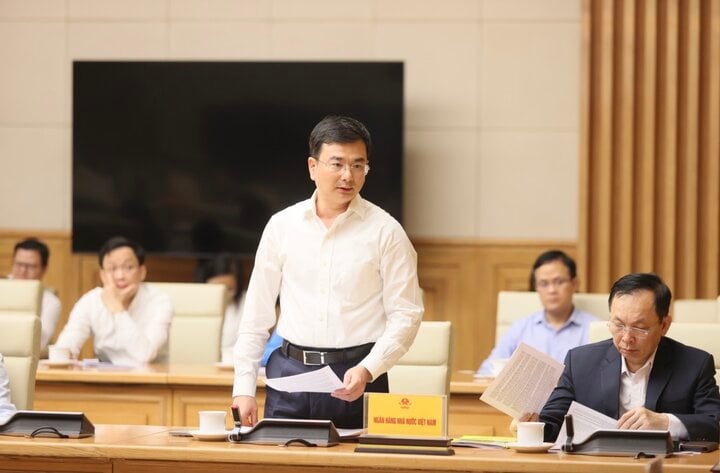
Deputy Governor of the State Bank Pham Thanh Ha at the meeting. (Photo: VGP)
At the meeting, experts said that this year's inflation situation is not worrying, and affirmed that the goal of "anti-gold" has been successful.
Experts propose to remove the state monopoly on SJC gold bars and grant licenses to produce gold bars to a number of qualified businesses.
Experts also proposed many solutions related to fiscal policy, monetary policy and banking activities. They also proposed investment and construction policies including social housing, domestic stimulus policies, export promotion, private investment, and capital sources for businesses.
After listening to the opinions, Deputy Prime Minister Le Minh Khai assigned the State Bank to study and synthesize all the opinions expressed at the meeting to synthesize and complete the report, propose solutions, and report to the Prime Minister.
The State Bank reviews and completes the legal framework, mechanisms and policies related to the gold market to develop a transparent, healthy, effective and sustainable gold market, contributing to promoting socio-economic development.
Regarding the stock market, the Deputy Prime Minister requested drastic implementation of solutions to upgrade the stock market, "not to slow down this process because of some incidents", and at the same time, it is necessary to further promote solutions related to "green finance".
Also at the meeting, Deputy Governor of the State Bank of Vietnam Pham Thanh Ha said that the State Bank of Vietnam has synchronously deployed solutions to manage monetary policy and banking activities, regulate liquidity, balance interest rates and exchange rates, support economic recovery but not be subjective with inflation risks.
According to Mr. Ha, the low credit growth at the beginning of the year was mainly due to the seasonal factors of the Lunar New Year and the low capital absorption capacity, but it recovered in March 2024. The State Bank also promoted credit programs and policies for priority sectors and growth drivers such as the VND 120,000 billion credit program and the forestry and fishery loan program.
Bad debt tends to increase in the context of the credit/GDP ratio at the end of 2023 being 133%, posing potential financial risks. The ability of credit institutions to mobilize medium and long-term capital is still low compared to the long-term investment capital needs of the economy.
Source






![[Photo] Prime Minister Pham Minh Chinh receives the head of the Republic of Tatarstan, Russian Federation](https://vstatic.vietnam.vn/vietnam/resource/IMAGE/2025/3/21/7877cb55fc794acdb7925c4cf893c5a1)
![[Photo] Overview of the Workshop "Removing policy shortcomings to promote the role of the private economy in the Vietnamese economy"](https://vstatic.vietnam.vn/vietnam/resource/IMAGE/2025/3/21/d1c58c1df227467b8b33d9230d4a7342)
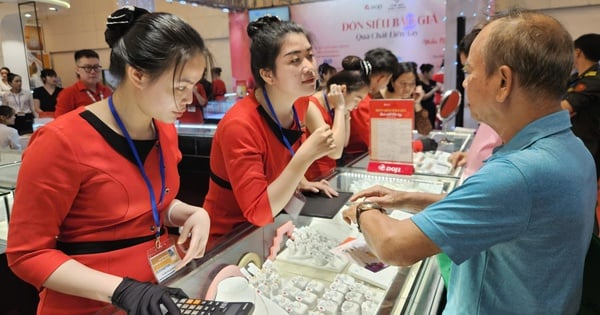

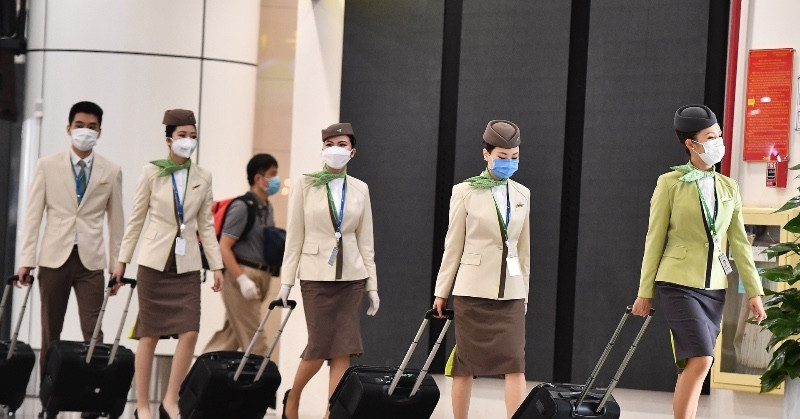

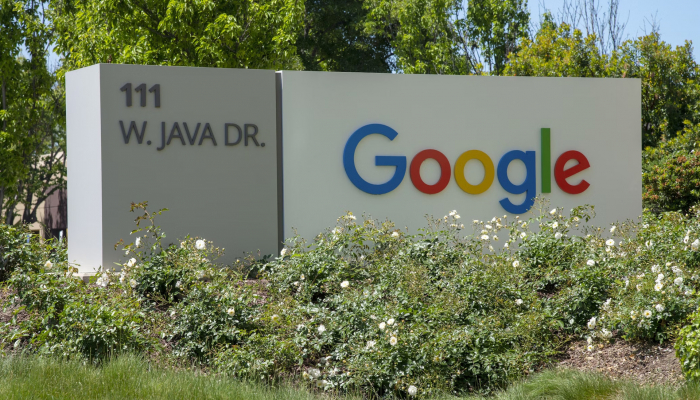



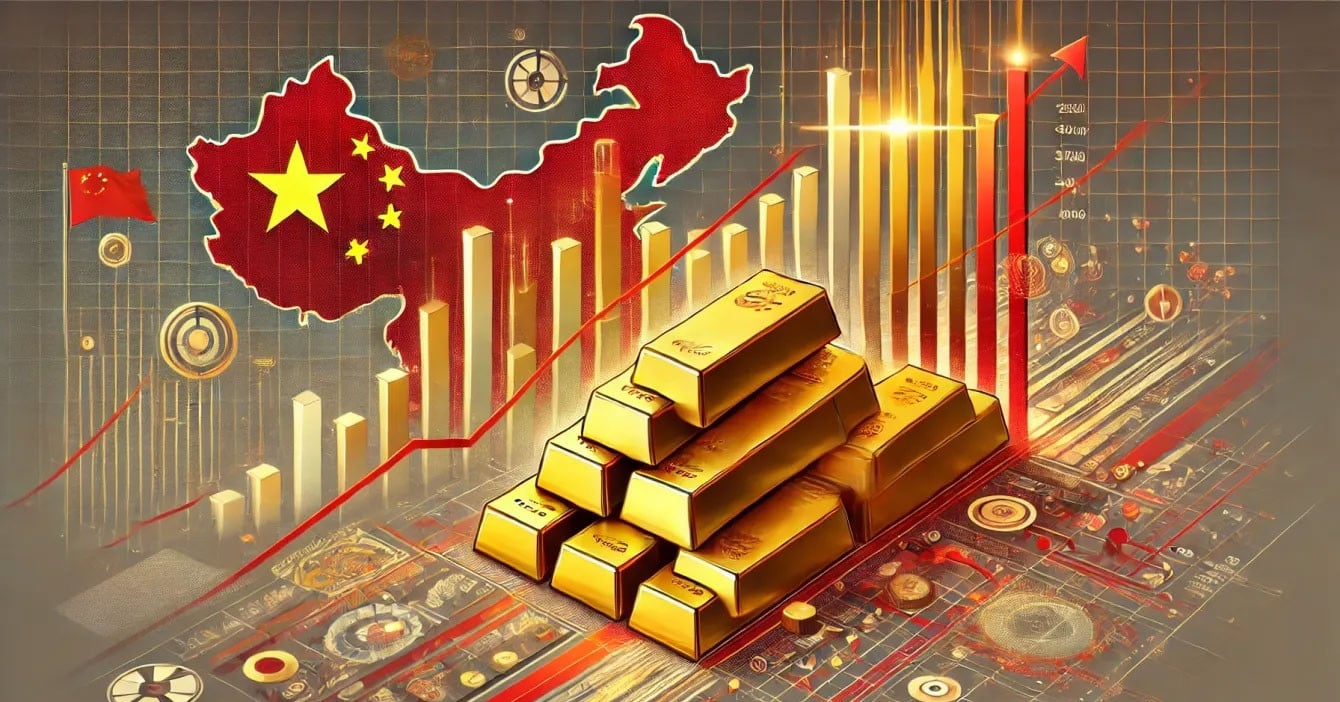
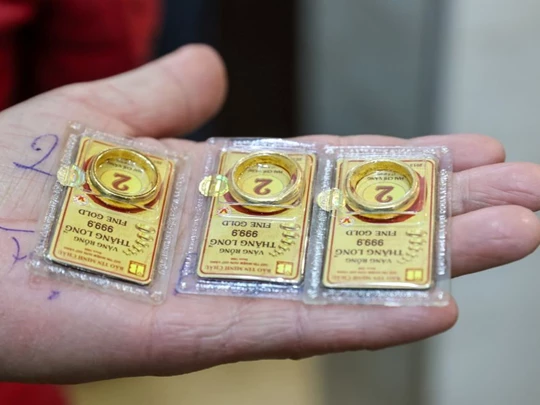

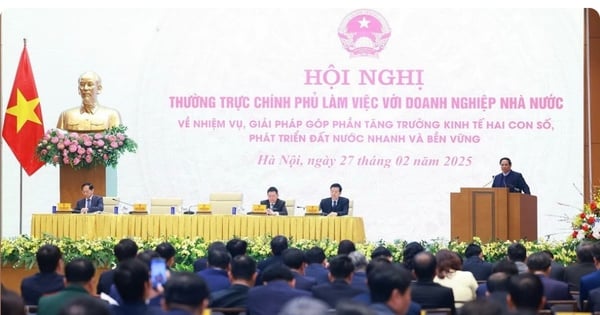


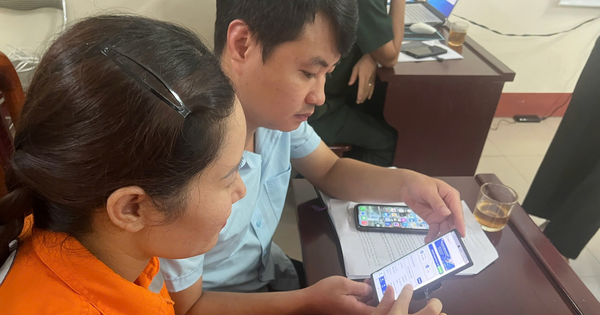
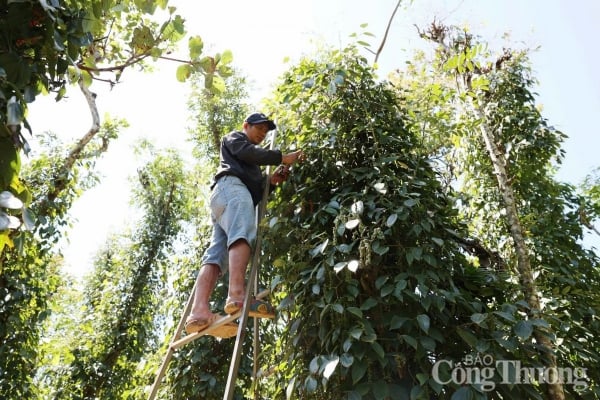





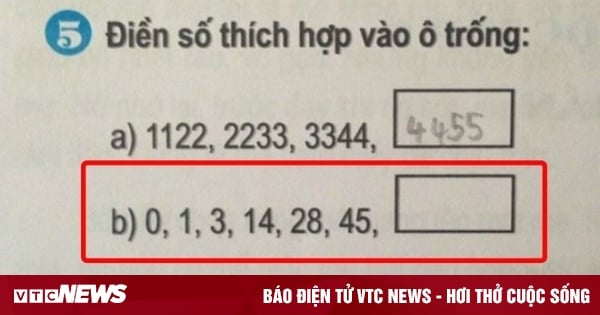

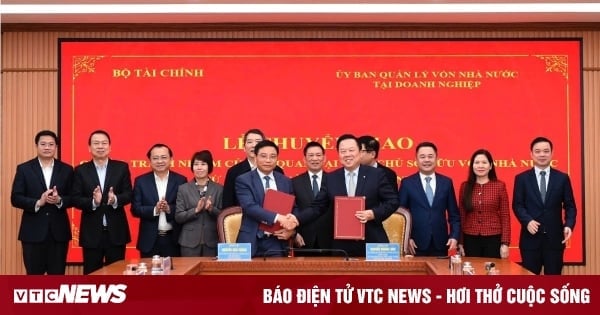
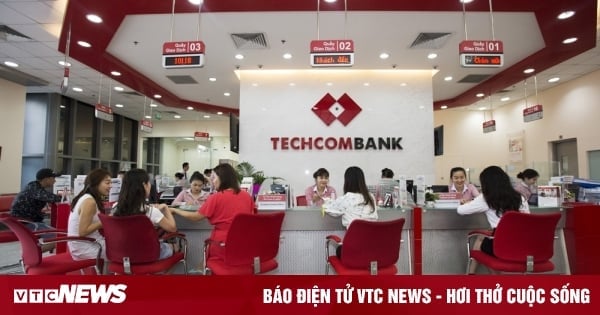



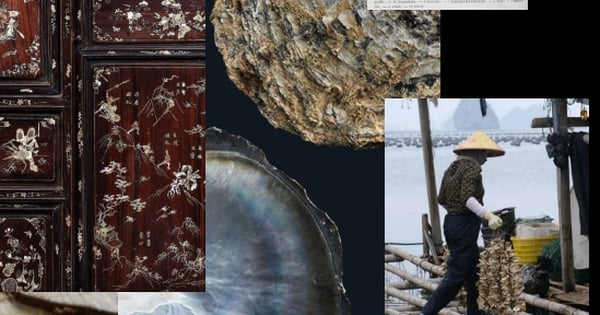




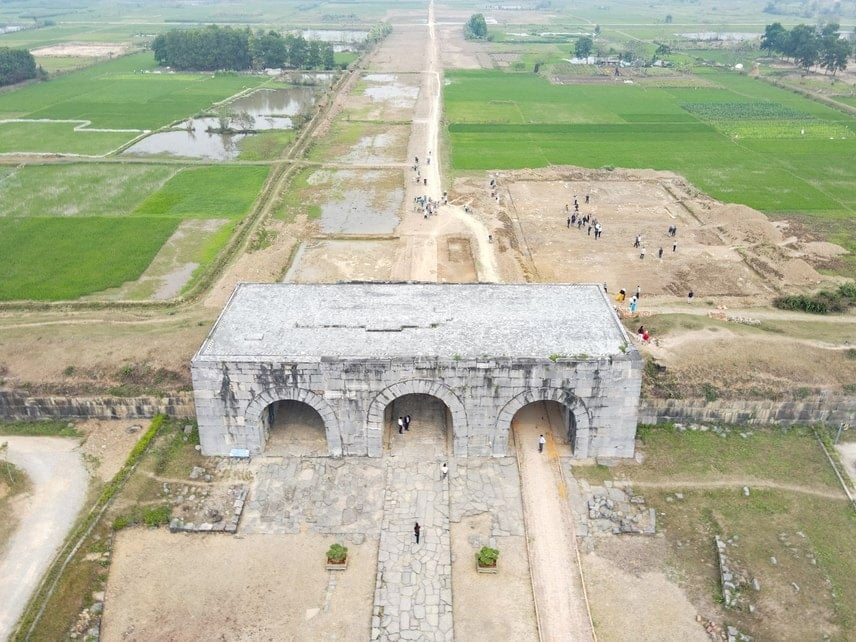



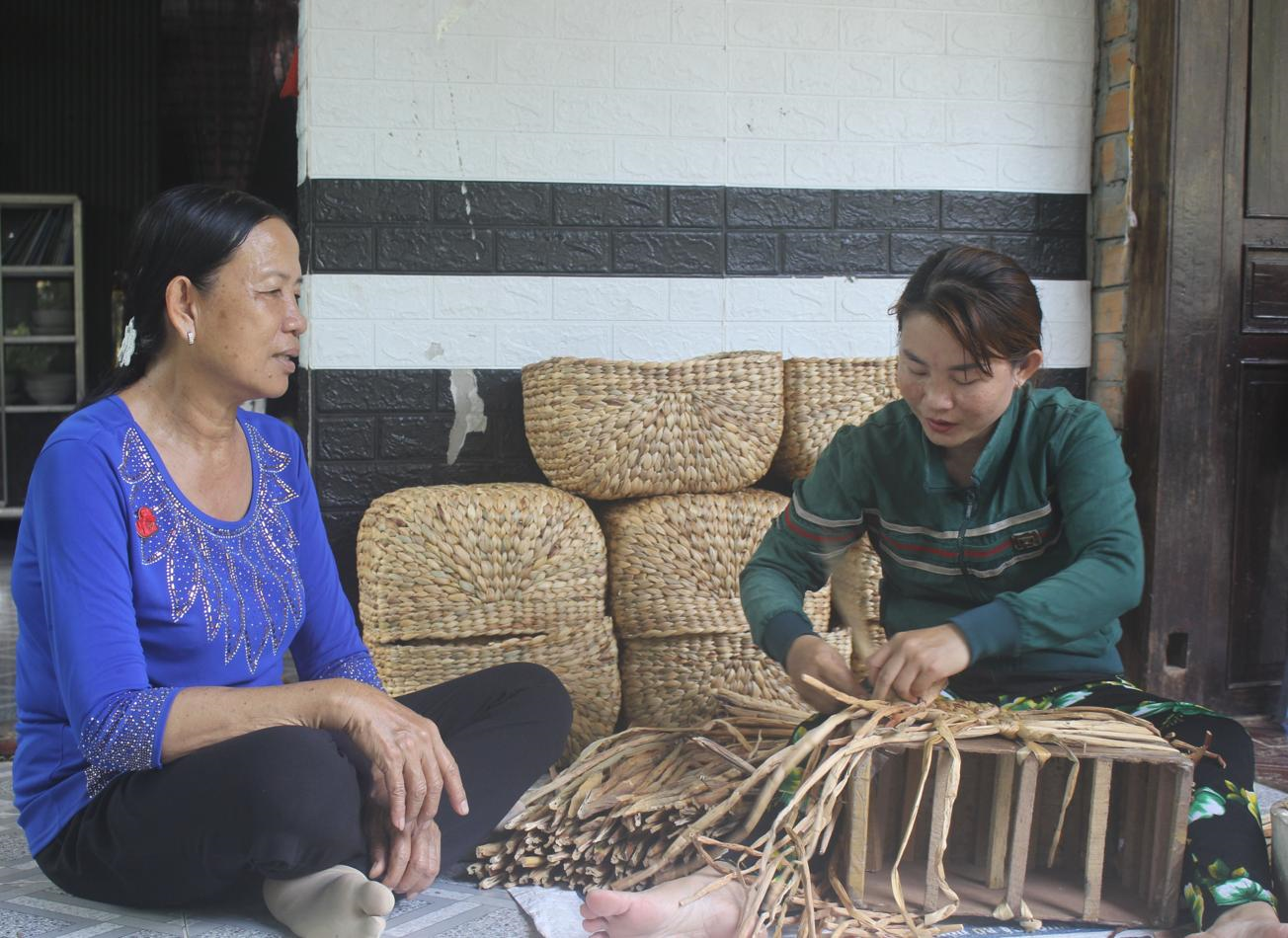





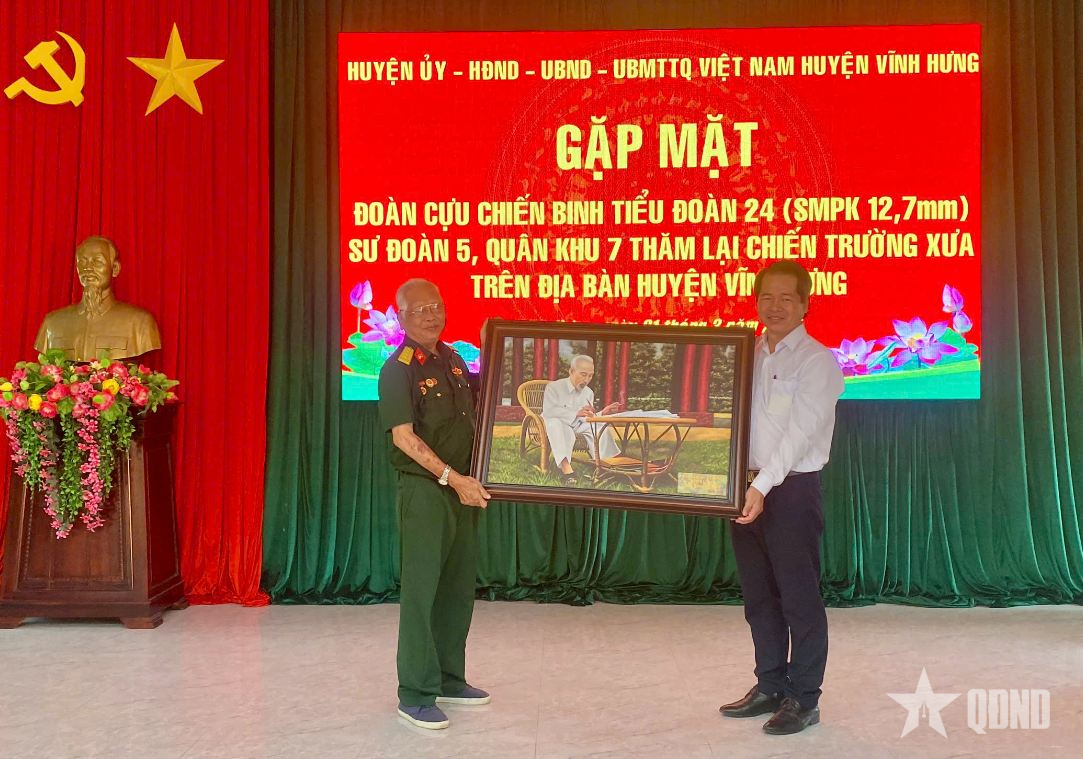
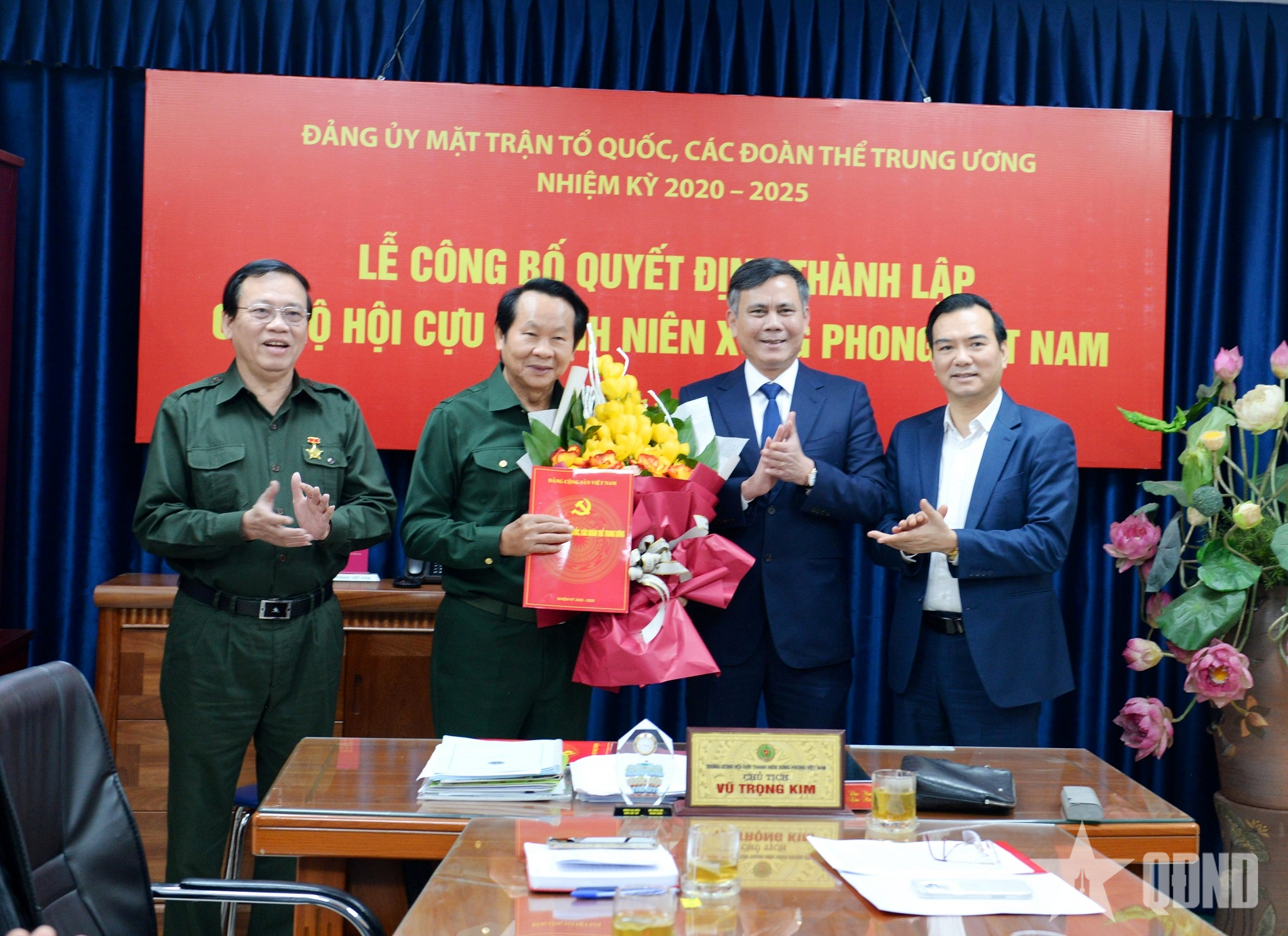


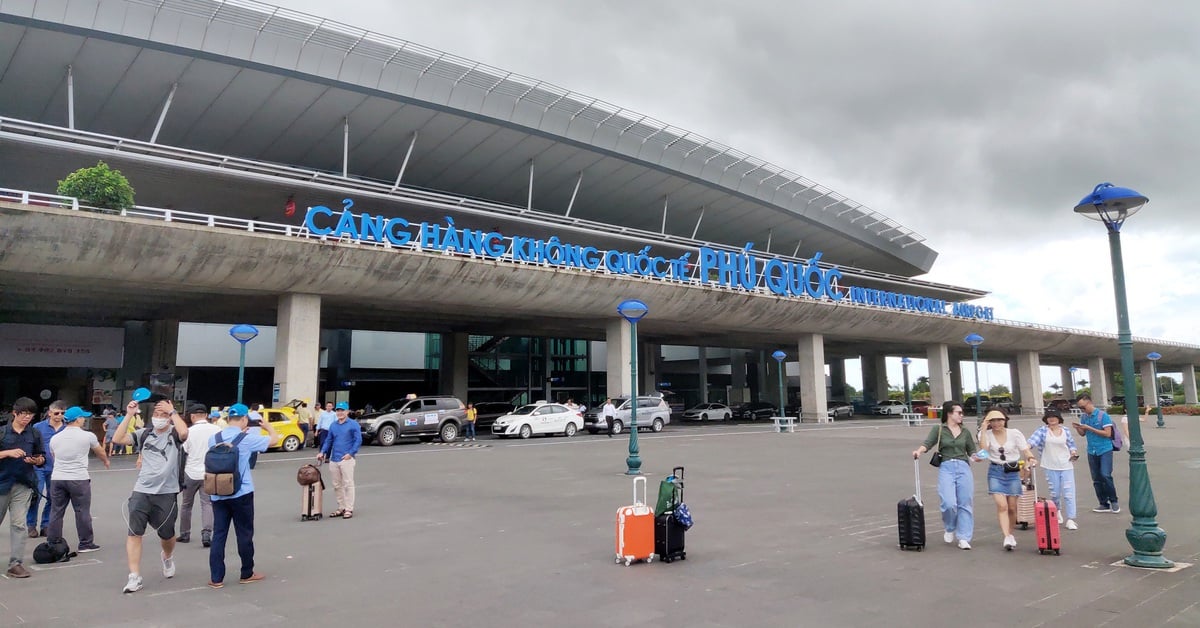
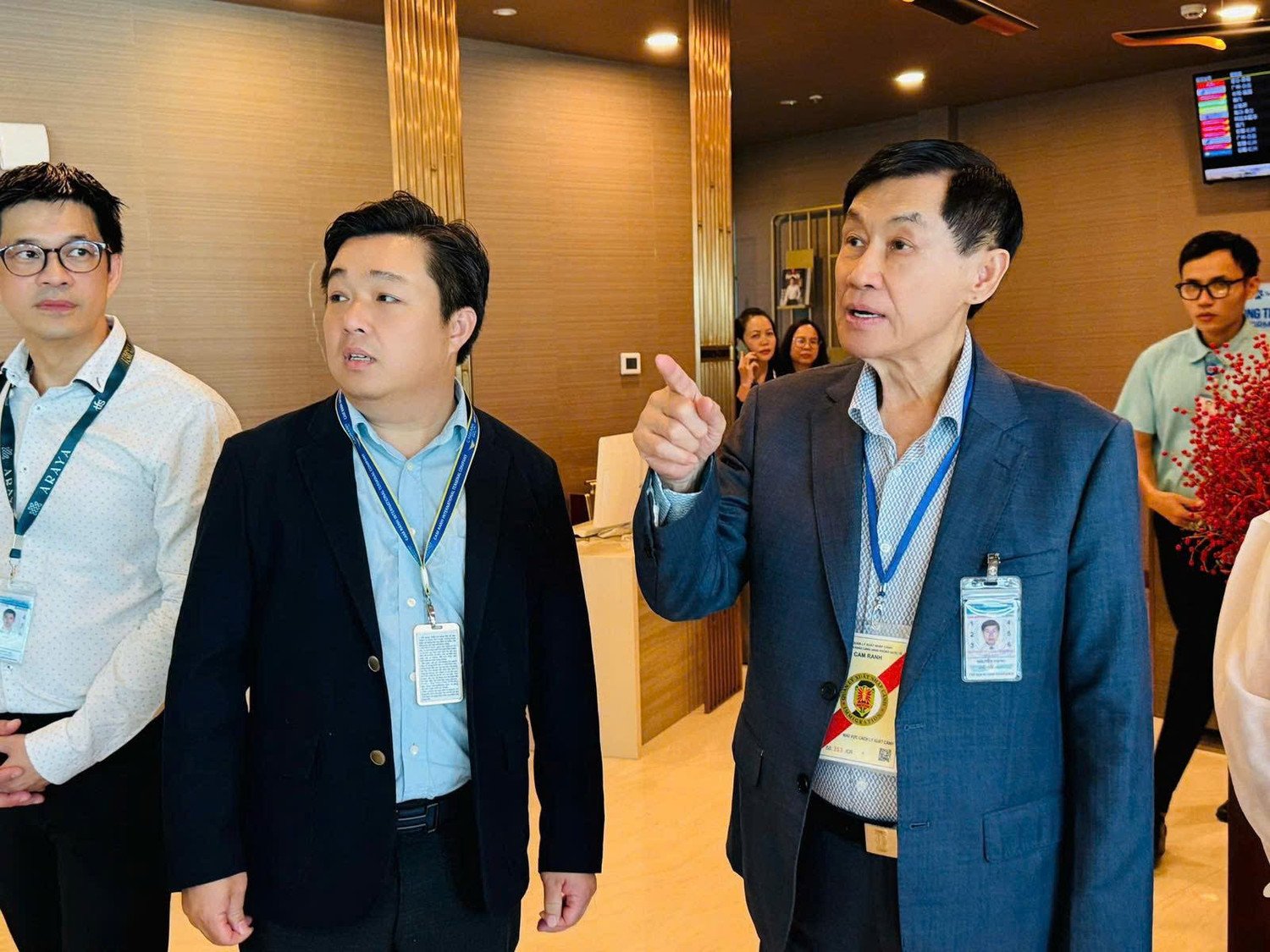





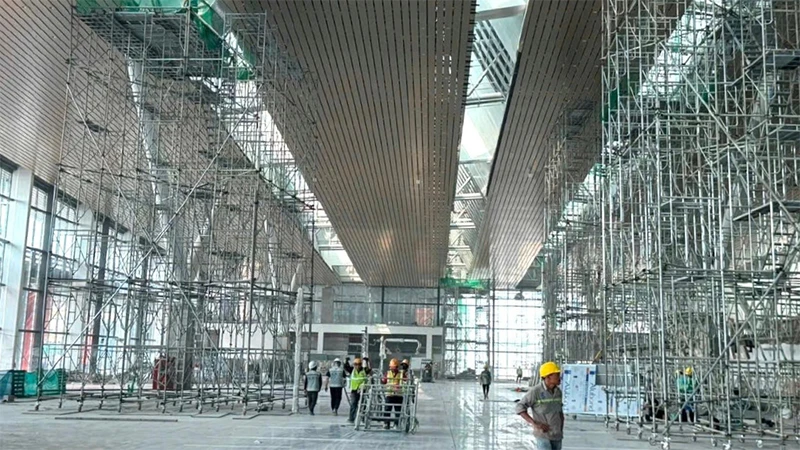
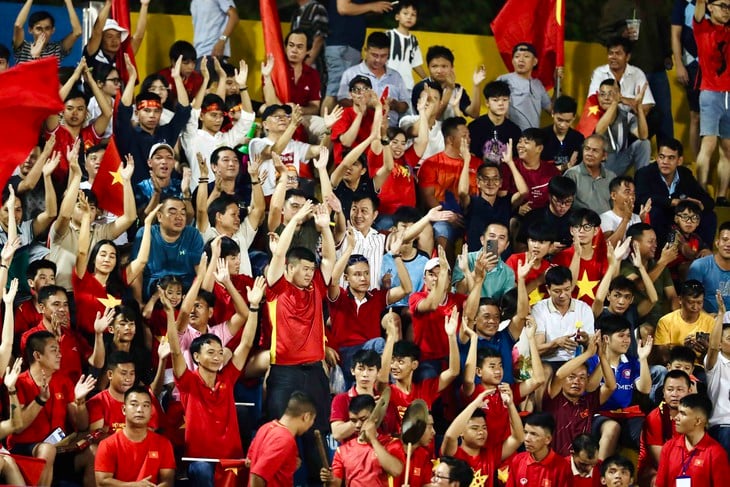



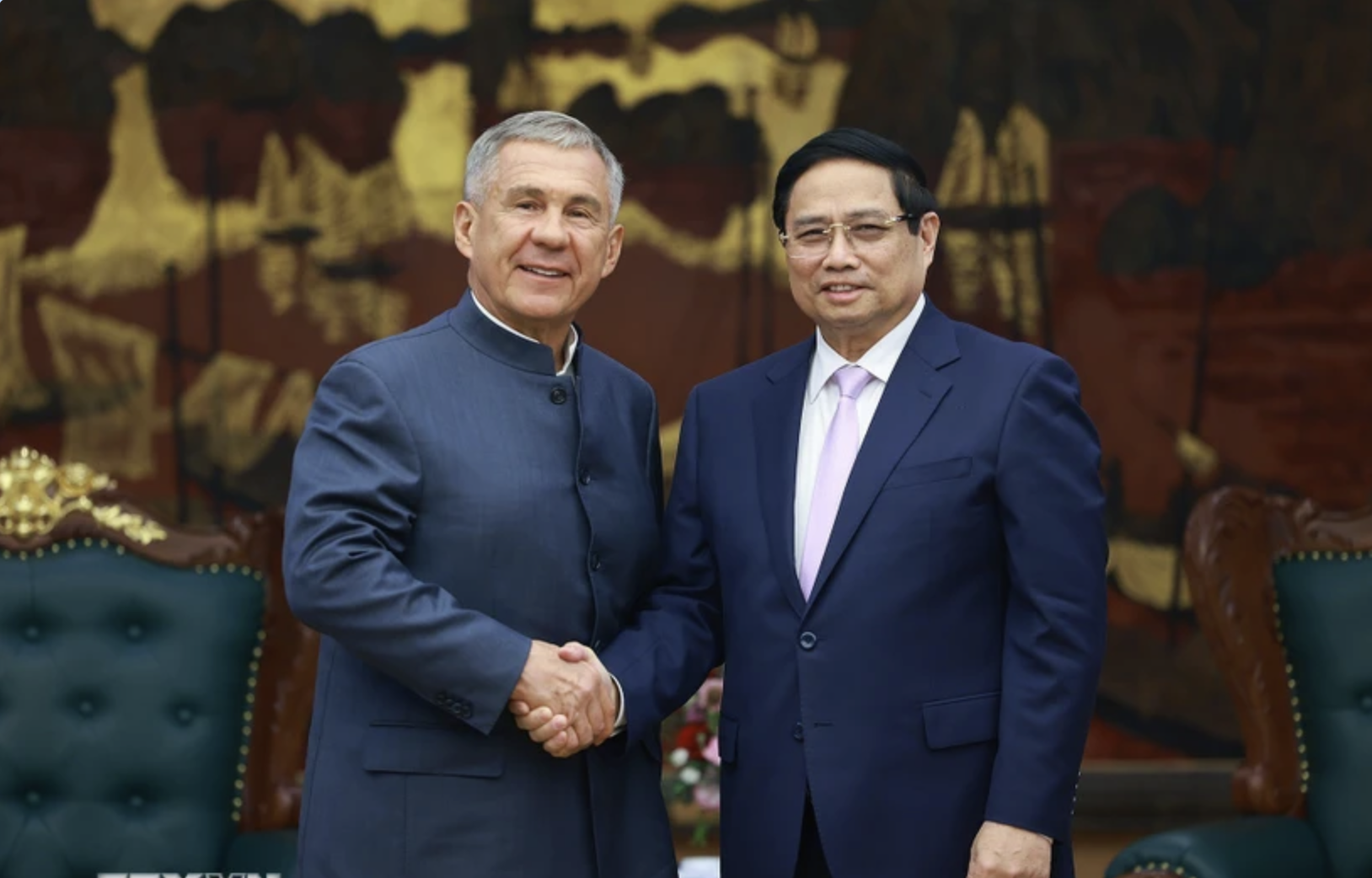

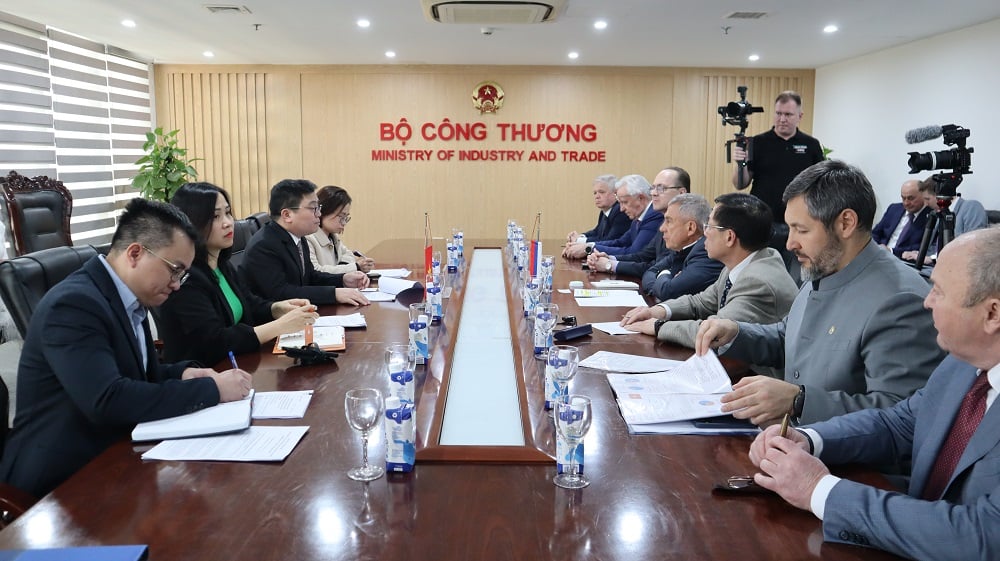


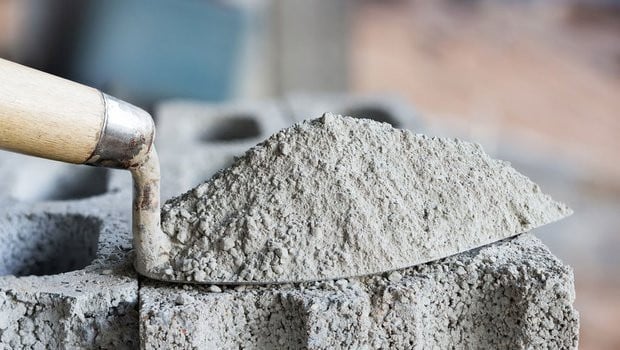






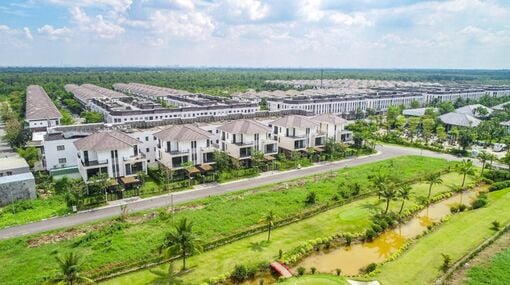

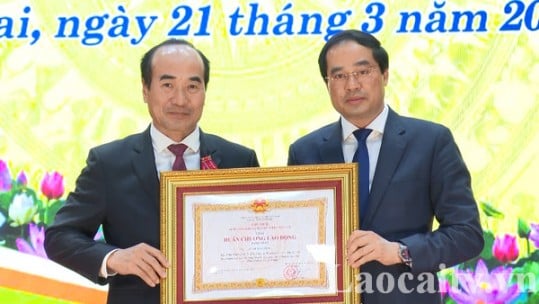

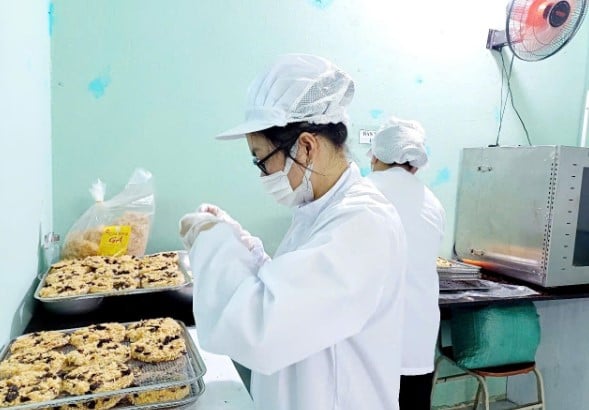


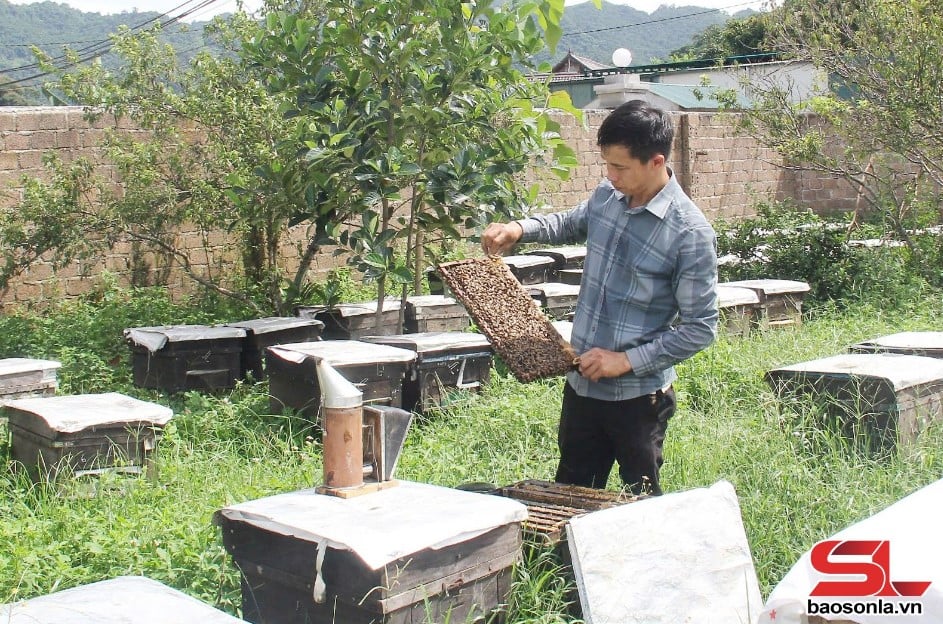

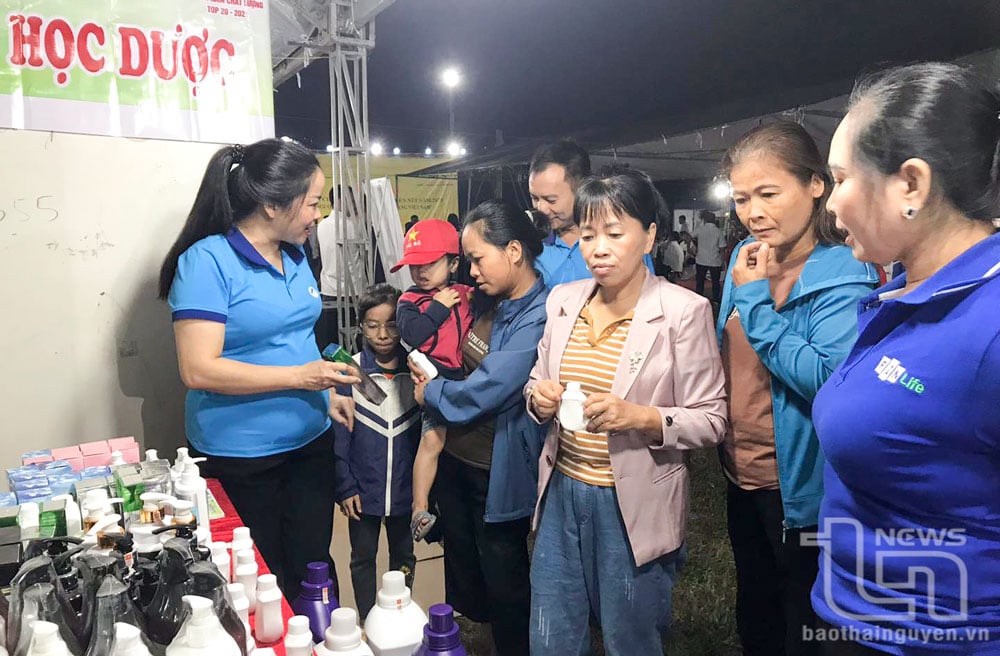
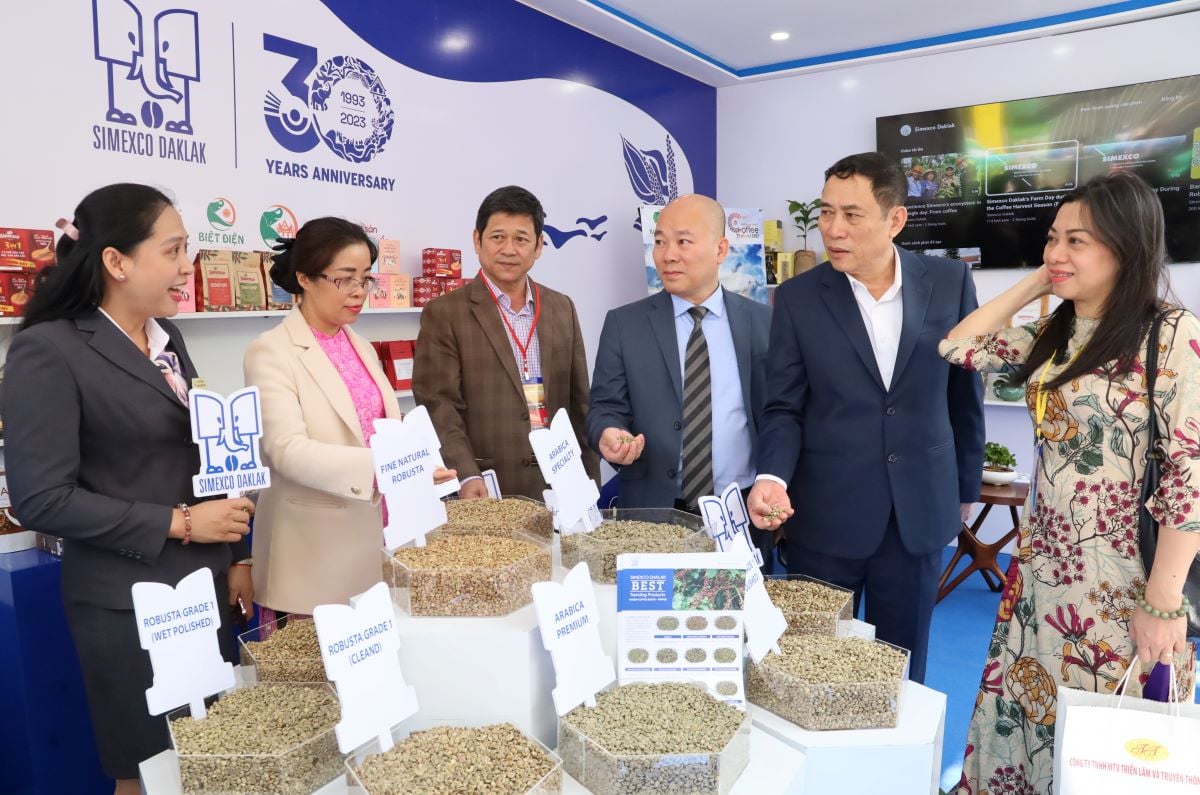
Comment (0)